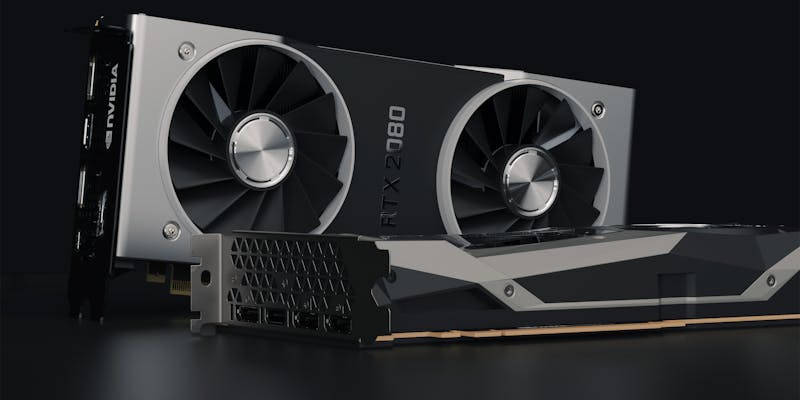The rapid advancement of AI and machine learning calls for cutting-edge hardware. Intel is keeping pace by enhancing the utility of its current technologies. A notable development is the integration of Intel Arc GPUs with the Intel Extension for PyTorch, known as IPEX. This move promises to empower AI applications, especially in deep learning and large language models (LLMs). Intel’s Arc A-Series GPUs are equipped with XMX AI capabilities, designed specifically to accelerate AI tasks. The incorporation of these GPUs with PyTorch optimizes AI computations, providing better performance and efficiency. This collaboration signals Intel’s commitment to driving innovation in the AI sector by improving the synergy between hardware and AI software frameworks. As AI models grow ever more complex, harnessing the full potential of hardware like Intel’s Arc GPUs is essential for maintaining a competitive edge in the AI landscape.
Revolutionizing Deep Learning
Intel’s latest move to incorporate Arc A-Series GPUs into PyTorch via the IPEX comes as a game-changer for the AI community, enabling significant performance improvements in deep-learning tasks. The heart of this enhancement lies in the GPUs’ XMX matrix engines, specifically designed to accelerate deep learning model executions, including those of formidable LLMs. The result is a notable leap forward in processing power, which is essential for handling the complex computations required by these models.
The IPEX facilitates optimized utilization of Intel’s hardware, ensuring that developers can extract the highest levels of performance possible. With the integration of Arc A-Series GPUs, the execution of AI frameworks on Intel’s hardware has become more efficient, leading to faster completion of computational tasks and smoother implementation of AI solutions. The Arc A770 Graphics, for instance, stands as Intel’s high-performance offering, equipped with up to 512 Xe Matrix Extensions (XMX) Engines, which are integral for the accelerated execution of deep learning models.
Expanding PyTorch’s Horizons
Intel’s release of IPEX v2.1.10+xpu presents a significant advancement for AI development by offering support for Arc A-Series Graphics on various operating systems, including WSL2, Windows, and Linux. This integration allows for seamless migration of PyTorch models to Intel’s discrete GPUs, utilizing the XMX AI Engine within familiar PyTorch environments with only minor code changes necessary.
This development is particularly vital as it eases the path for AI practitioners to exploit the computational prowess of Arc A-Series GPUs, promising considerable improvements in the performance of AI models. Intel has outlined how their GPUs can efficiently handle complex language models like Llama 2, thus encouraging the AI community to push further in their research and development efforts.
Intel’s bolstered support for AI and machine learning represents a strategic positioning to empower developers with cutting-edge tools, simplifying the usage of their hardware for innovative AI applications.

